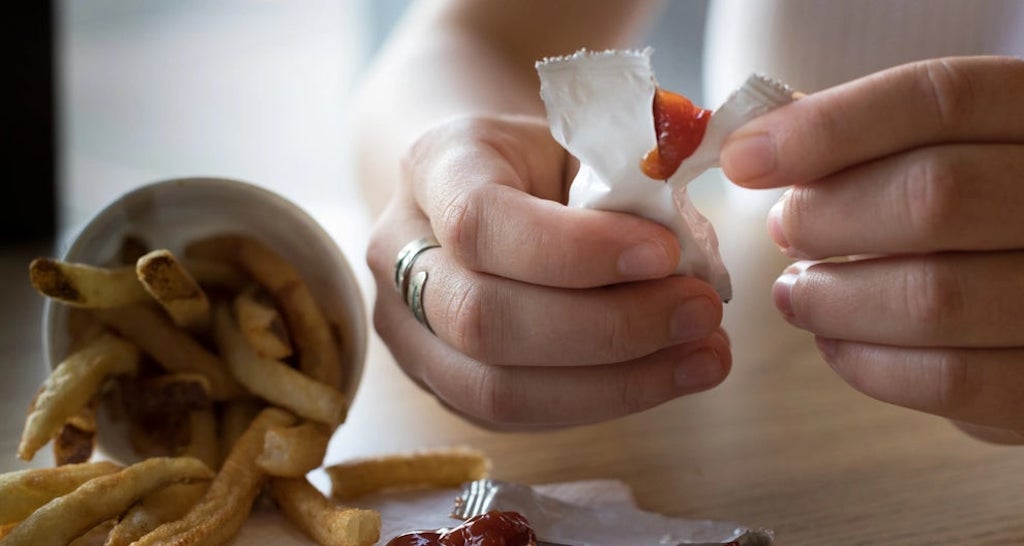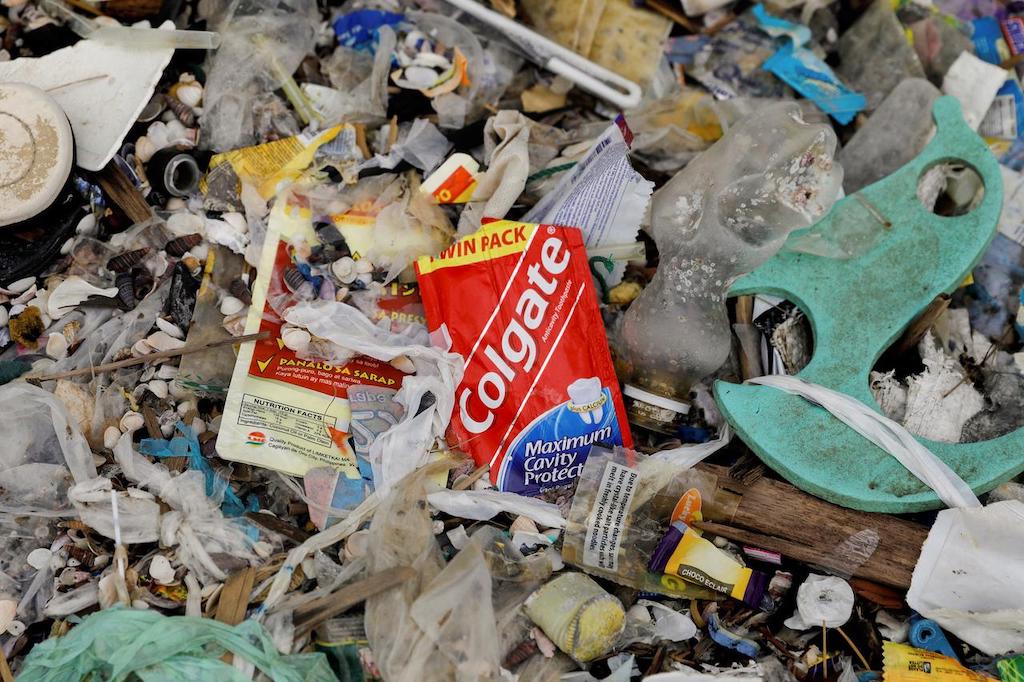4 Mins Read
A coalition of campaigners in the United Kingdom are calling for the government to put an end to the “curse” of single-use plastic sachets, which account for billions of pieces of waste fuelling the global plastic pollution crisis. In their published findings, the group revealed that an astonishing 855 billion tiny plastic sachets are thrown away each year. While awareness about plastic pollution is at an all-time high, sachets have typically evaded policies that crackdown on plastic waste, leaving behind a detrimental global impact felt the most in Asian countries.
Findings in a new report drawn up by a coalition over 50 business stakeholders, politicians and campaigners in the UK has just revealed that over 855 billion single-use sachets are disposed each year – enough to cover the entire surface on Earth. According to the group, the UK government must take urgent action to stamp out the billions of disposable sachets that are fuelling the global plastic crisis.
The letter has been signed by global campaigners including Peter Thomson, the UN secretary general’s special envoy for the ocean, business leaders such as supermarket Iceland Foods’ managing director Richard Walker and environmentalist Jonathon Porritt.
“The plastic sachet, the ultimate symbol of our grab-and-go convenience-addicted lifestyle, has been virtually invisible to all…Our Earth is saturated with these uncollectable, unrecyclable, contaminated, valueless little packets. It’s time to close the legal loophole,” said Sian Sutherland, co-founder of nonprofit A Plastic Planet.

While governments all over the world, including in the UK and European Union, have enacted various legislation such as a ban on plastic straws and bags to combat plastic pollution, tiny plastic sachets have been almost entirely exempt from the crackdown. Since its inception in 1950s, the flexible, disposable, palm-sized pouches have gone from containing food substances such as ketchup, soy sauce, coffee creamers and various condiments to hand-wipes, shampoo and washing powder – almost every conceivable product can now be found in tiny quantities.
Because sachets are made up of a complex multi-layer of polymers, aluminium and films designed to help keep the product fresh, they are near impossible to recycle. Despite some grassroots initiatives having begun small-scale repurposing projects for sachets, the bulk of the 855 billion pieces of annual sachet waste is dumped in overflowing landfills, sent to incineration or left to contaminate waterways, shorelines and oceans.
While sachets are ubiquitous across the globe, they have exploded especially in emerging economies in Asia. Due to the aggressive commercial tactics of giant corporations who have used sachets to fuel an economy of cheap products, the tiny pouches have become a reality of life for many people in developing countries who are living on a day-to-day basis.

According to advocacy group Global Alliance for Incinerator Alternatives (GAIA), the Philippines consumes around 59.7 billion sachets every single year – enough to cover all of metropolitan Manila. Piling in empty fields and sewers in the capital, sachets eventually making their way to pollute oceans and rivers, further fuelling the already severe plastic waste crisis that many Asian countries are reeling from since China banned plastic imports in 2018.
Over time, the litter from the already tiny pouches of plastic become eroded into even smaller particles called microplastics. Not only have microplastics been found in large quantities across rivers and oceans, they have also made its way back into our food chain through the consumption of seafood and water. In October last year, a study conducted by the German Environmental Ministry and the Robert Koch Institute found plastic by-products in almost all – 97% – of blood and urine samples taken from children between the ages of 3 and 17.
While the open letter from the UK-based coalition has called on their government to take action against the plastic waste from sachets, it is clear that all world governments must step up now to put an end to the global sachet economy that is responsible for billions of pieces of plastic pollution.
Lead image courtesy of Reuters / Eloisa Lopez.




